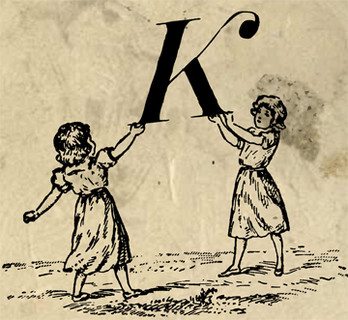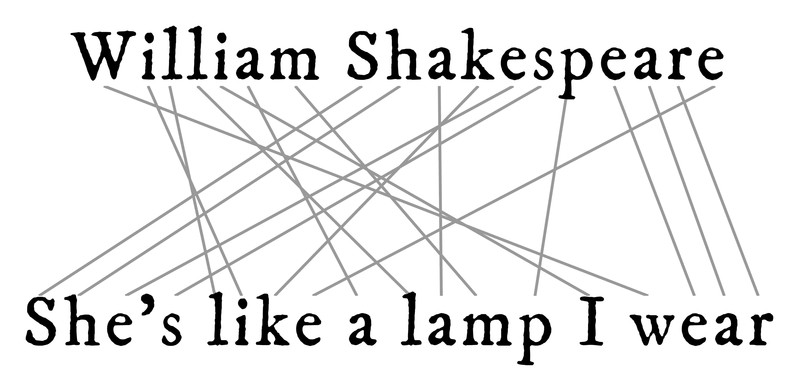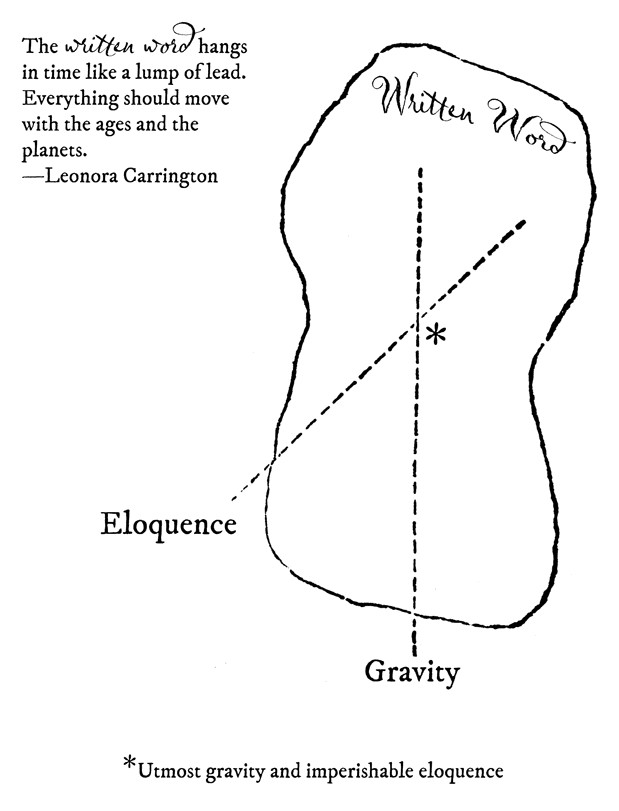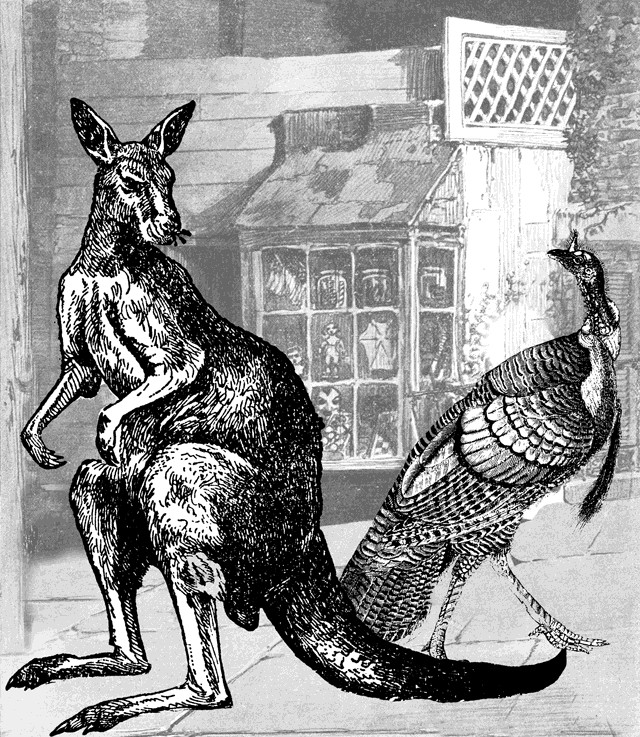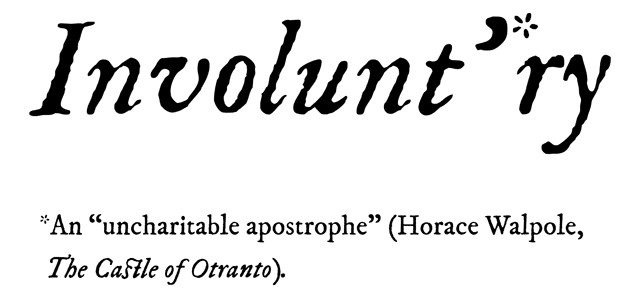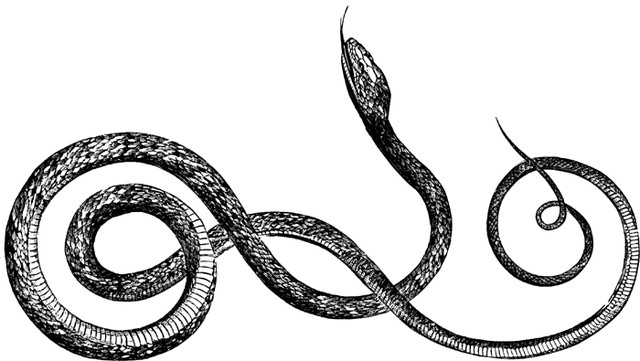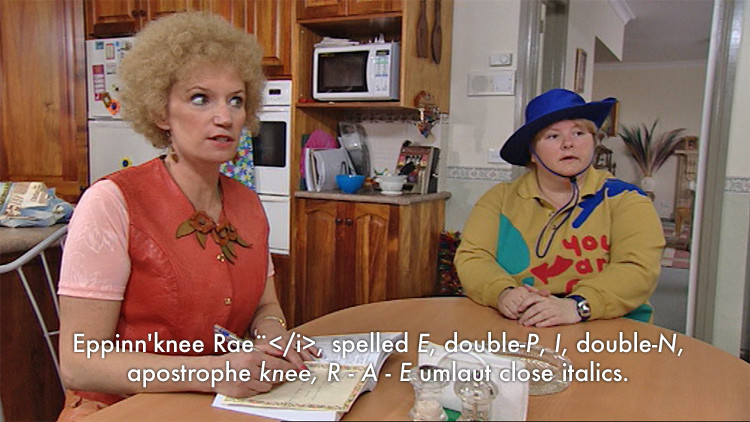|
|
 |
 |
 |
Quill & Quire, Canada's magazine of book news and reviews, notes my latest collaboration: Franzlations (New Star Books, $19 pa., Oct.), the new collaboration from Gary Barwin, Hugh Thomas, and Craig Conley, has nothing to do with Jonathan Franzen. Instead, it’s a reinterpretation and reinvention of the parables and aphorisms of Franz Kafka.
|


 |
|
|
 |
 |
 |
On the strength of a single droll passage,
I am always disappointed with mountains. There are no mountains in the world as high as I would wish. They irritate me invariably. I should like to shake Switzerland. — Ronald Firbank, The Princess Zoubaroff
a friend and I each bought some selected works of the author. Though neither of us ended up as card-carrying members of the Ronald Firbank fan club, note some of his astonishing staging notes:
[in a voice which is rather like cheap scent]
[playing extinct eyes]
[All but imperceptibly, twilight begins to form.]
[impressionistically]
[blinking at a flash of summer lightning]
[covering her eyes with an elaborately becoroneted Vanity-bag]
And in his novel Valmouth, I love Firbanks' thingamabobs, such as: A long sunbeam lighting up the whatnot . . .
Make ready the thingamies!
|



 |
|
|
 |
 |
 |
From Prof. Oddfellow's sketchbook: "At times I had thought of writing poetry myself but getting words to rhyme with each other is difficult, like trying to drive a herd of turkeys and kangaroos down a crowded thoroughfare and keep them neatly together without looking in shop windows. There are so many words, and they all mean something." —Leonora Carrington, The Hearing Trumpet |






 |
|
|
 |
 |
 |
Tiny gems in Shakespeare's work We're honored to have designed the one-letter words edition of the exceedingly charming Shakespeare Papers. Editor Robin Williams explains: "Looking at the wee bits, we believe, allows us to gain an even greater appreciation of the whole."
|

 |
|
|
 |
 |
 |
"Coming up with an idea is a confounded thing. We think our brain produces them, but in reality they do what they like with our brain and are more unbiddable than any living creature." —Gustav Meyrink, The Green Face

This frame is from the hilarious and endearing Mapp & Lucia series, based on E. F. Benson's novels.
|

 |
|
|
 |
 |
 |
This bold, all-caps typo in Amanda Owen's The Power of Receiving disturbs us not because the apostrophe is upside down, and not because "don'r" isn't a word, but because "don'r" is pronounced "Donner," as in the snowbound American pioneers who didn't limit themselves to non-human meat. (Dedicated to the ever-beguiling Martha Brockenbrough.) |


 |
|
|
 |
 |
 |
"I'm looking for the letter C," he said to the door-keeper. "Why don't you look between B and D then? . . . What's the matter with you?" — Robin Llywelyn, From Empty Harbour to White Ocean |

 |
|
|
 |
 |
 |
The great Australian comedy series Kath & Kim features some hilariously dumbfounding baby names, such as: - Typhphaanniii (pronounced Tiffany)
- Eppinn'knee Rae¨</i> (Rae is followed by an [umlaut] and a [close italics])
-
Detestannii
- Paloma
- Papiloma
-
Tailuh (pronounced Tai Luh)
-
Glen Waverley (after a suburb in Victoria, Australia)
-
Aussie
- Fat Free Frûche
- Tiramisu
Then there are these baby names, inspired by a hospital visit (and please note that they all sound better with an Australian accent): - Neil Bymouth
- Cardio Infarction (the downside being the inevitable nickname "Farct")
- Enema (for a girl)
- Lupus (for a boy)
- Catheter
- I.V. (for a girl)
|


 |
|
|
 |
 |
 |
"Is all the mythology in the world here?" "No . . . Only words are here. They try to make me yield the rest but my words come from the North Country. They can't be pinned down between book covers. Our words like to play on the breeze. They congregate in the hollows of streams and fill the ravines." —Robin Llywelyn, From Empty Harbour to White Ocean |

 |
|
|
 |
 |
 |
We're often asked why we blog using the majestic plural (the "royal we"). Truth be told, it's personal. Our 27th great grandfather, King Henry II of England (so charmingly portrayed by Peter O'Toole in the classic film The Lion in Winter) is credited with the first recorded use of the majestic plural. Please don't mistake our pronouns for "the patronizing we" (as in, "Aren't we chipper today?") or "the psychotic we" (as in Gollum's "We wants it, we needs it. Must have the precious.") |

Page 58 of 74

> Older Entries...

Original Content Copyright © 2026 by Craig Conley. All rights reserved.
|



